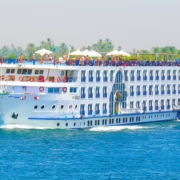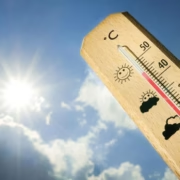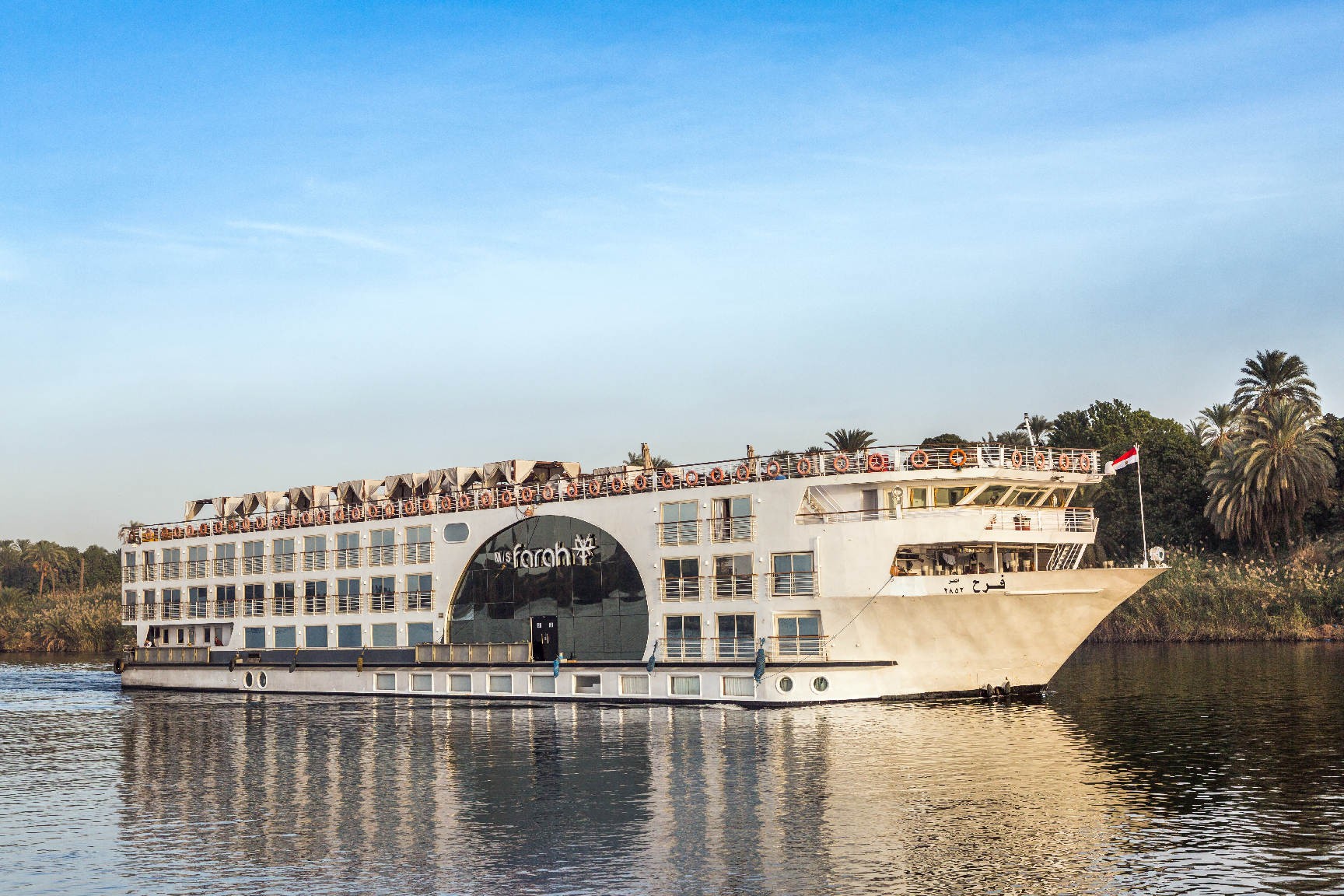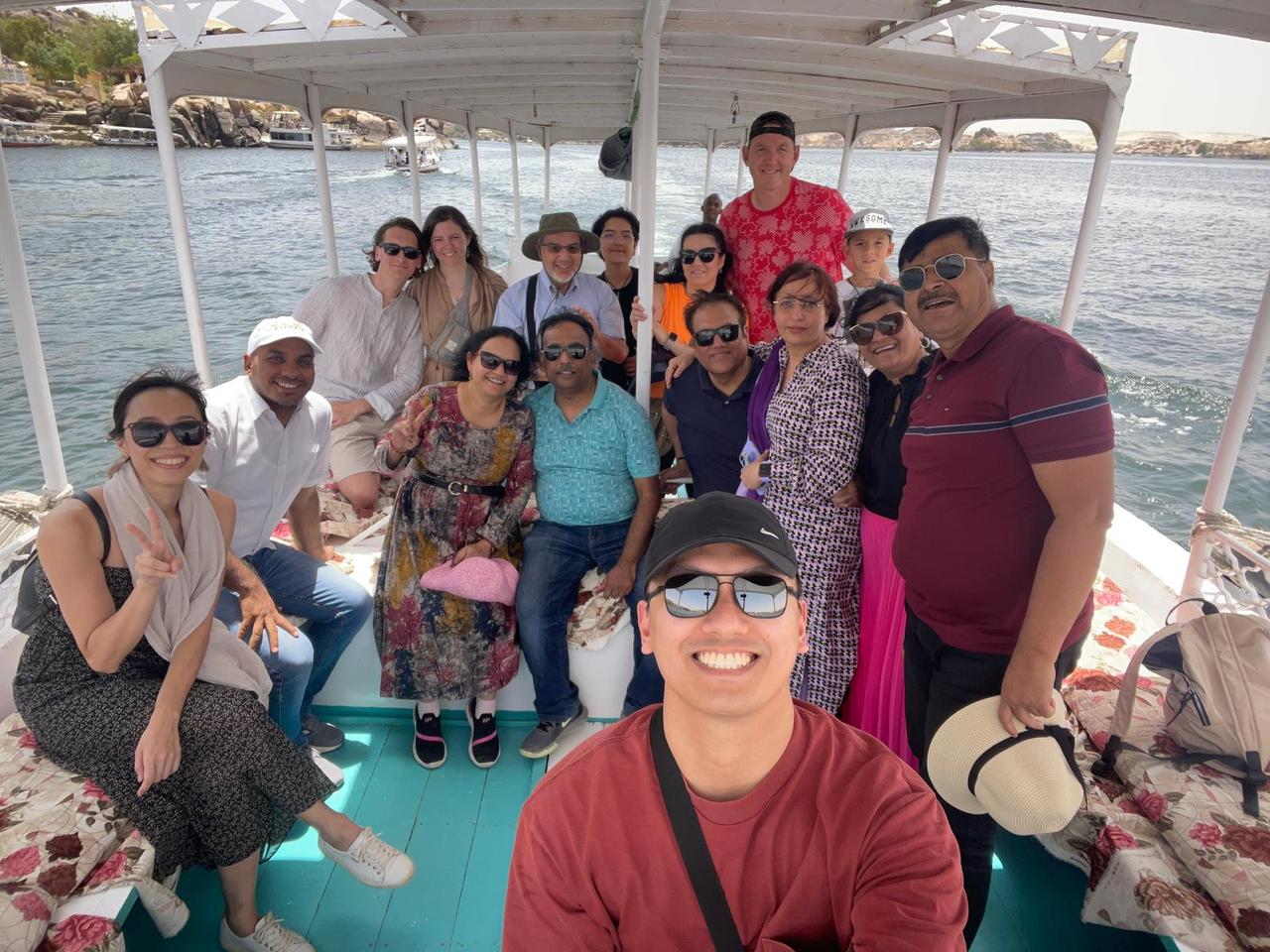
Your Complete Egypt Travel FAQ : Answers to the Most Common Questions
1. Do I need a visa to visit Egypt?
Most nationalities require a tourist visa. Many travelers can get a Visa on Arrival or apply online for an e-Visa. Check requirements based on your nationality before traveling.
2. Is Egypt safe for tourists?
Yes. Egypt is generally safe for tourists, especially in main destinations such as Cairo, Luxor, Aswan, and the Red Sea resorts. Follow standard travel precautions and your guide’s advice.
3. When is the best time to visit Egypt?
The ideal time to visit is October to April when the weather is cooler. Summer is hot but suitable for Red Sea holidays and Nile cruises.
4. What currency is used in Egypt?
The local currency is the Egyptian Pound (EGP). Credit cards are accepted in most hotels and tourist areas, but cash is useful for tipping and markets.
5. What should I wear in Egypt?
Light, modest clothing is recommended for cultural areas. Casual wear is acceptable at resorts and on Nile cruises. Comfortable shoes are essential for sightseeing.
6. Is tipping required in Egypt?
Tipping, known as “baksheesh,” is common. It is customary to tip guides, drivers, hotel staff, and cruise personnel. Many agencies provide a tipping guideline.
7. Can I drink the tap water?
Tap water is not recommended for drinking. Use bottled water and avoid ice in local places unless in reputable hotels and restaurants.
8. What languages are spoken in Egypt?
Arabic is the official language. English is widely spoken in tourist areas, hotels, and by tour guides. Other languages such as French, German, and Spanish are also spoken.
9. Are Nile Cruises worth it?
Yes. A Nile Cruise is one of the best ways to explore ancient temples between Luxor and Aswan while enjoying comfort, scenery, and guided tours.
10. How many days do I need in Egypt?
A typical trip ranges from 7 to 10 days to explore Cairo, Luxor, Aswan, and a Nile Cruise. For a shorter holiday, 4–5 days can cover Cairo and key highlights.
11. Can I visit Abu Simbel from Aswan?
Yes. Abu Simbel is 280 km from Aswan and can be reached by private car, bus convoy, or a short flight. It is a highly recommended excursion.
12. What vaccinations do I need?
No mandatory vaccines are required for most travelers. Routine vaccinations are recommended. Check with your health provider before traveling.
13. Is Wi-Fi available in Egypt?
Yes, but speed varies. Hotels and cruises usually offer Wi-Fi, sometimes at an extra charge. Buying a local SIM card with data is recommended.
14. Can I take photos inside temples and museums?
Photography is allowed in most outdoor sites. Some museums or tombs require a photo ticket or prohibit flash photography. Always check the rules at each site.
15. What power plugs are used in Egypt?
Egypt uses Type C and F plugs (220V, 50Hz). Bring a universal adapter to charge your devices.
16. What is the food like in Egypt?
Egyptian cuisine is flavorful, with dishes like koshari, falafel (taameya), grilled meats, and fresh bread. International restaurants are also widely available.
17. Do Egyptians speak English well?
In tourist areas, yes. Guides, hotel staff, and vendors generally speak English. In local neighborhoods, English may be limited.
18. How do I get around in Egypt?
Private tours, transfers, domestic flights, trains, and Uber (in Cairo) are common options. A private guide is recommended to maximize your time and comfort.
19. Are credit cards and ATMs available?
Credit cards are accepted in hotels, cruises, major restaurants, and shops. ATMs are widely available in cities, airports, and tourist areas.
20. Is Egypt suitable for families and children?
Yes. Egypt is family-friendly, with many educational and fun activities. Kids enjoy the pyramids, Nile cruises, felucca rides, and Red Sea beaches.





